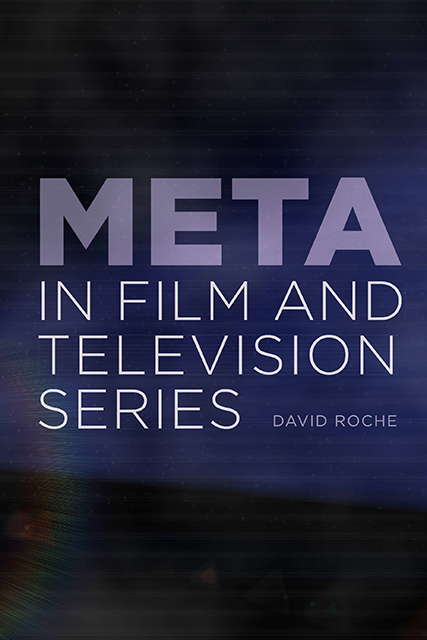Chapter 7 - Adaptation and Remake
Published online by Cambridge University Press: 26 October 2023
Summary
ENGAGING WITH THE ORIGINAL: STATEMENTS OF INTENT PART I (THE PORTRAIT OF A LAdy)
The metatextual, metafilmic or reflexive features of film adaptations and remakes, which recent scholarship has identified as adaptations within the same medium, are regularly discussed in case studies and are touched upon in more theoretical works. Adapting Genette’s typology of intertextuality to film, Stam labels adaptations that critique their sources as “metatexts,” and cites El otro Francisco (Sergio Giral, 1974) as an example of a film which “self-reflexively explores adaptation as demystificatory critique.” In his groundbreaking Film Adaptation and Its Discontents, Thomas Leitch describes one of the possible relationships a film adaptation can have with its source as “(meta)commentary or deconstruction.” His associating both terms is intriguing, for a commentary need not be deconstructive and deconstruction need not produce a commentary; what’s more, the specificity of each term rejoins, to a certain extent, the distinction between meta (production of a discourse) and reflexivity (deconstruction of the illusion) developed in Chapter 1. Of course, Leitch may not be equating the two terms so much as suggesting that they are sibling concepts that (again like reflexivity and meta) are often associated. “The most characteristic films of this sort,” he says, “are not so much adaptations as films about adaptations, films whose subject is the problems involved in producing texts.” He includes fiction films like Jane Austen in Manhattan (Ivory, 1980), The French Lieutenant’s Woman, Shadow of the Vampire, Adaptation and Tristram Shandy: A Cock & Bull Story, as well as documentaries like Looking for Richard (Pacino, 1996) and Lost in La Mancha (Fulton and Pepe, 2002), and inscribes them in the tradition of literary metafiction. If these examples also happen to be movies about movies, a film adaptation can also engage with the adaptation process on a more implicit level; indeed, Leitch shows that Romeo + Juliet (Luhrmann, 1996) adopts such a position in its prologue when a newscaster, featured on a television in a black void, utters the play’s opening lines.
Such metamoments are quite frequent in contemporary adaptations and remakes which, at the very least, acknowledge their secondariness and sometimes even comment on it.
- Type
- Chapter
- Information
- Meta in Film and Television Series , pp. 152 - 179Publisher: Edinburgh University PressPrint publication year: 2022



